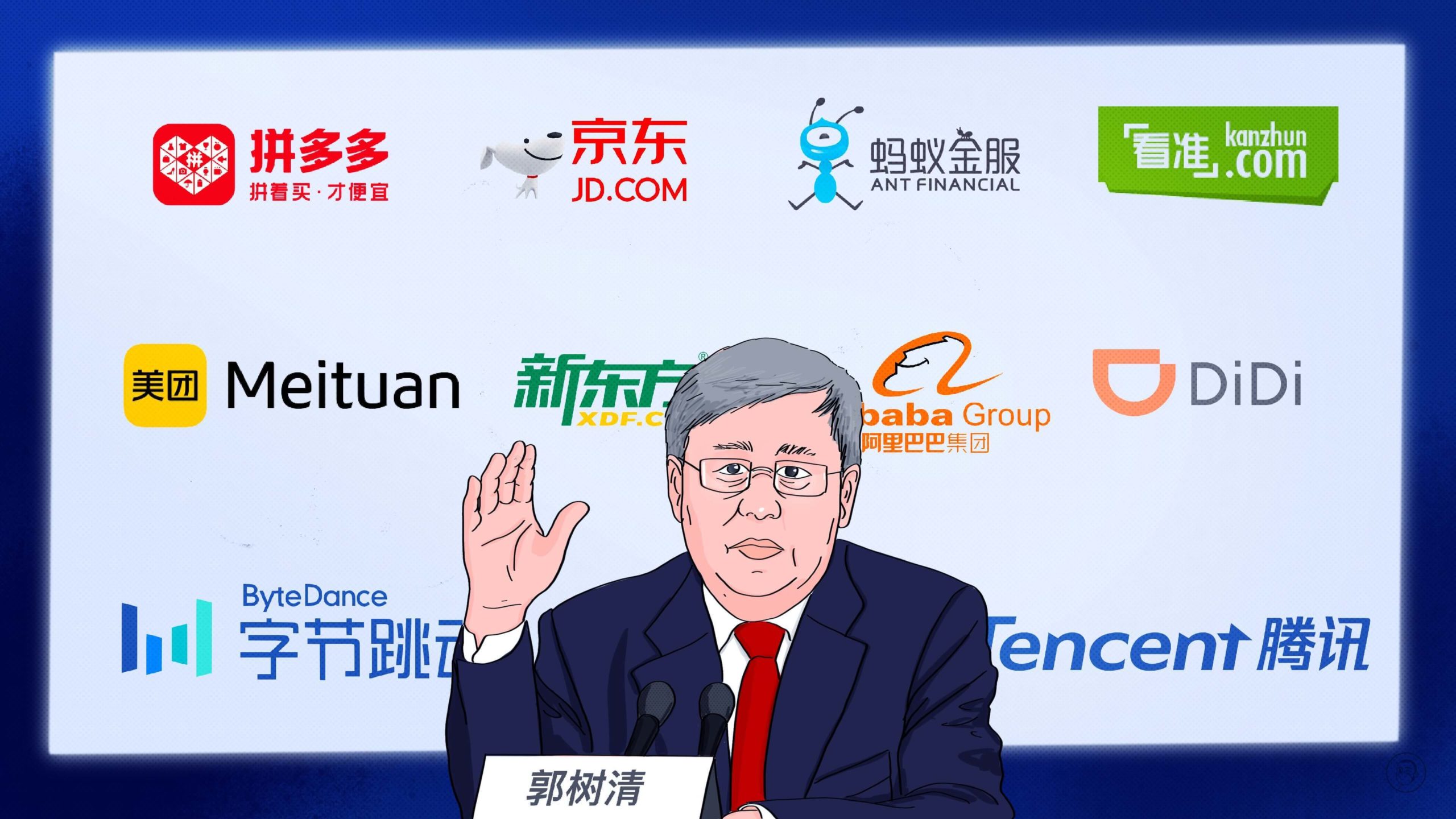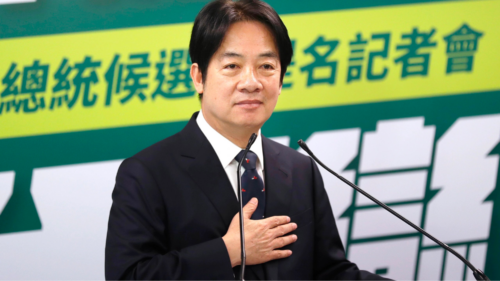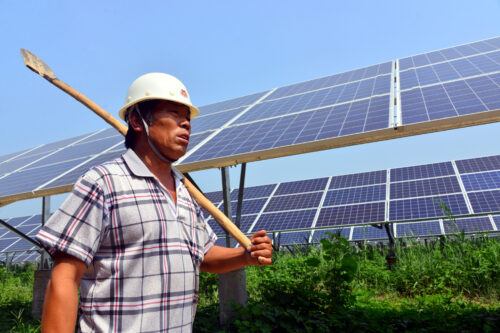The tech crackdown is officially over
A high ranking official has officially declared the more than two-year tech crackdown to be officially over, and it ended — as it began — with Ant Group.

In early November 2020, China’s regulators suspended the planned IPO of fintech giant Ant Group 蚂蚁集团, a spin-off of Alibaba 阿里巴巴集团, China’s biggest ecommerce firm, founded by charismatic former English teacher Jack Ma (马云 Mǎ Yún). The IPO may have raised about 1.5 trillion yuan ($225 billion), which would have been the world’s largest-ever public offering.
The proximate cause of the government action, many observers believe, was Jack Ma’s strident complaints about China’s financial regulators at a financial forum the week before the suspension, when he accused traditional Chinese banks of operating with a “pawn shop mentality.”
The cancellation of Ant’s listing began an intense government crackdown on China’s tech sector that included punishments for offenses as diverse as abuse of algorithms and misuse of big data to monopolistic practices and exploitation of delivery drivers.
The campaign almost totally destroyed the private education sector, and has shaved more than a trillion dollars off the values of China’s biggest tech companies. The crackdown’s regulatory actions included:
- Antitrust probes conducted mostly by the State Administration of Market Regulation (SAMR), such as when Alibaba was fined a record $2.8 billion in April 2021;
- Investigations of data security breaches by the Cyberspace Administration of China (CAC), such as when Didi was fined over 8 billion yuan ($1.28 billion) in July 2022; and
- A campaign against “disorderly expansion of capital” 资本无序扩张, as expressed during a government meeting in December 2020, with the most prominent examples being the Ant Group clampdown and the online education crackdown.
Restoring China’s COVID-wrecked economy is now the priority
But now the crackdown is finished, said Guō Shùqīng 郭树清, the Party secretary of the People’s Bank of China and chairperson of the China Banking and Insurance Regulatory Commission, who was once nicknamed “Whirlwind Guo” for his regulatory activities.
Over the weekend, he told the official Xinhua news agency that “special rectification” of 14 large tech companies has basically been completed, and what will follow now is “normalized supervision,” so that tech companies can lead development, create jobs, and compete internationally.
This is the first time that a high-ranking official has made such a statement, and seems to indicate that the tech crackdown is officially over.
Guo also stated that private enterprises will receive fair and equal treatment by financial institutions, and they will receive increased insurance coverage and access to credit. According to Guo, the government’s focus areas now are the healthy development of the real estate sector, resolving the risks of small and medium-sized enterprises (SMEs), dealing with non-performing assets and local government debt, and keeping inflation under control.
The crackdown began and ended with Ant Group
Guo’s announcement coincided with a series of moves that showed the government was taking its boot off Ant Group’s neck.
On January 7, after more than two years of government fines and several changes to its management team and business structure, Ant Group announced that it had adjusted the upper-level structure of its shareholders, and that Jack Ma no longer has control of the company, with his voting rights greatly reduced from 53.46% to 6.20%. For many in Beijing still stung by Ma’s criticism in October 2020 of the financial regulators, this may have been one of the requirements for Ant Group to move out of the shadow of the tech crackdown.
On December 30, 2022, Ant Group’s capital increase plan was officially approved by the China Banking and Insurance Regulatory Commission. As a result, the company’s registered capital was increased from 8 billion yuan ($1.16 billion) to 18.5 billion yuan ($2.70 billion). Another important development of this capital increase was that a state-owned company, Hangzhou Jintou Digital Technology Group 杭州金投数字科技集团, became the second-largest shareholder, holding 10% of Ant Group.
These developments seem to indicate that Ant Group’s IPO may be back on. However, the public offering is not imminent: Ant Group still lacks a number of financial holding licenses and credit investigation licenses. In addition, the Science and Technology Innovation Board (STAR Market) of the Shanghai Stock Exchange, where Ant Group’s IPO was originally scheduled to take place, requires that the actual controller of a company cannot have changed in the two years preceding a public listing.
The takeaway: “Normalized supervision”
If the time of normalized supervision has now arrived, per Guo Shuqing’s announcement, the date of Ant Group’s IPO is only a matter of time, and this will close the book on Beijing’s tech crackdown.
But the future is not going to be like the past. The fact that a state-owned company is now one of the biggest shareholders of Ant Group, a company that was slapped down partly because of its threat to the dominance of state banks and institutions, will not go unnoticed by China’s tech entrepreneurs.






